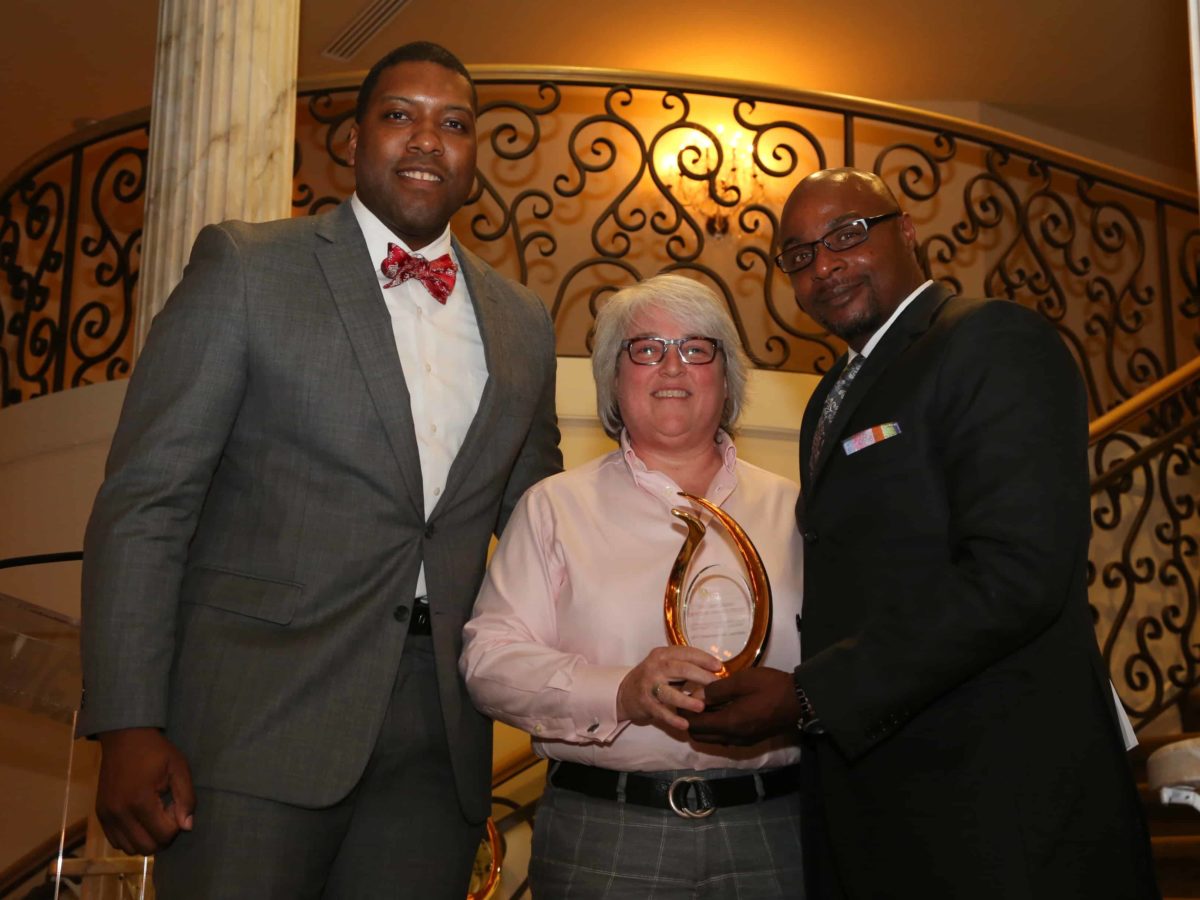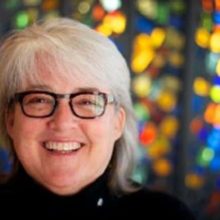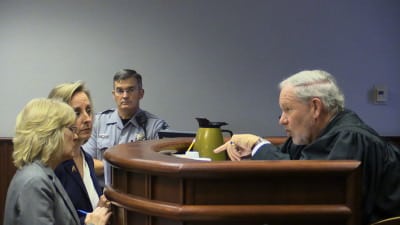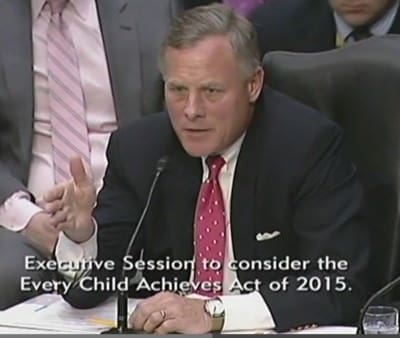

I want to share a story with you.
In grade school, I had four best friends—Troy, Roy, Thomas, and Paul.
In grade school, I had four best friends—Troy, Roy, Thomas, and Paul. The five of us had become close friends while attending kindergarten at the Sandy Plains Baptist Church in Shelby, NC. We were five members of the 1968 kindergarten class taught by Ms. Price. From those first days of kindergarten, the summer months that followed, and through our first grade experience we were inseparable. Not only did we spend time together in school but on most weekends we rotated going to each other’s homes for play dates.
I’m not sure whose decision it was—the school or our parents—but as we started second grade we found ourselves split up into different classrooms. I like to think that all five of us were devastated by this decision but I can only speak for myself. I was devastated to not be with all my friends. As a result I remember very little about second grade.
… it was at those weekend play dates that, even as a young child, I became aware that families have different resources.
I tell you this story because it was at those weekend play dates that, even as a young child, I became aware that families have different resources. Thomas lived in a big house with lots of cool toys to play with. Paul and Roy’s home looked much like mine—nothing extravagant but there was more than enough to eat, plenty of toys to play with, clothes and shoes that fit, and we were safe. All of the things we needed to be successful learning and growing up were in place.
But this was not the case at Troy’s house. Troy lived in a different neighborhood where the houses were smaller and less maintained than other neighborhoods close by. I was never sure who was in charge at Troy’s home—there was his grandmother that lived in the house, his mother was sometimes around, but his father was almost always missing from the picture. Troy’s pants were often too short for him, his shirts one size too small, his shoes well-worn, and I’m not sure there was always enough food in his home. Quite often at school he would fall asleep at his desk.
Much later in my life, I would learn that my family along with Roy, Thomas, and Paul’s family had, at various times, helped out Troy’s family with school expenses. Together, all the families had made sure that Troy had the basics of what he needed at school and that he was never excluded from school outings or events.
… not everybody has equal resources—or even the basic resources needed to be successful in school.
I learned from a fairly young age that not everybody has equal resources—or even the basic resources needed to be successful in school. My parents taught me that part of our responsibility as good neighbors and responsible citizens is to make sure that all people, and especially children, have what they need to be safe and successful in life.
I fully believe that how we care for the children and the poor in our communities and in the world says more about our moral character as a humanity than anything else we do. Children are not just our future.
Children are our present, our now—they are our north stars and our hope.
They are the most precious and treasured gift we are given. And because of this, there is nothing more important than seeing them, really seeing them, and recognizing them as people—as individuals—who have much to teach us about the meaning and value of life.
For this reason, we must keep working to make sure every child has what is needed to be successful.
We still have work to do to make sure every child in our state, our nation, our world has a chance at living into their full potential and we must, together, keep doing the work. It is our duty as citizens and it is our responsibility as good neighbors.




